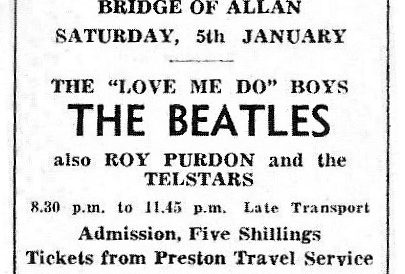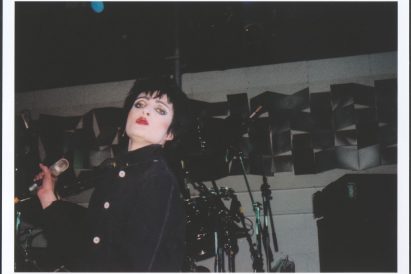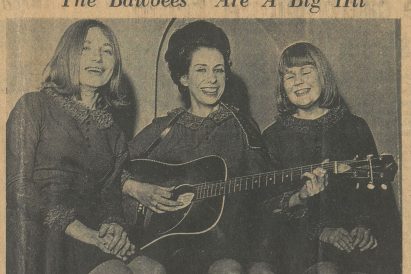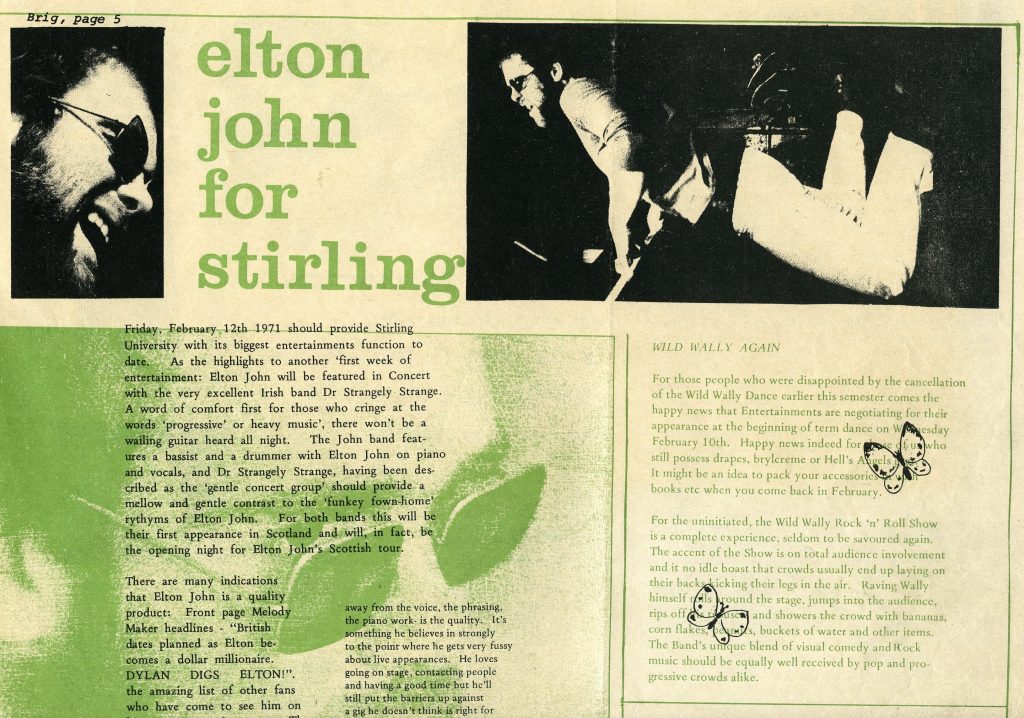Stirling Popular Music Archive – Keeping the Stories Alive
The University of Stirling Archives is delighted to be working with local Author/Musician, David Meldrum Lowe, on a new and exciting project to build on his work chronicling the local music scene from the 1950s to the 1980s. David’s book Keeping the Stories Alive and the accompanying research material, collected over a 10-year period for the book, will form the core of the Stirling Popular Music Archive – Keeping the Stories Alive. David’s work will provide the catalyst for the growth of a wider collection of images and memorabilia (both physical and digital) preserving a record of live music in Stirling and the wider Forth Valley area. The Archive will be managed and held by the University of Stirling Archives and will be built upon over time. The project will also focus on the University’s own place within this wider musical history, documenting the bands and artists that played in the Pathfoot building over the years. (October 2025)






